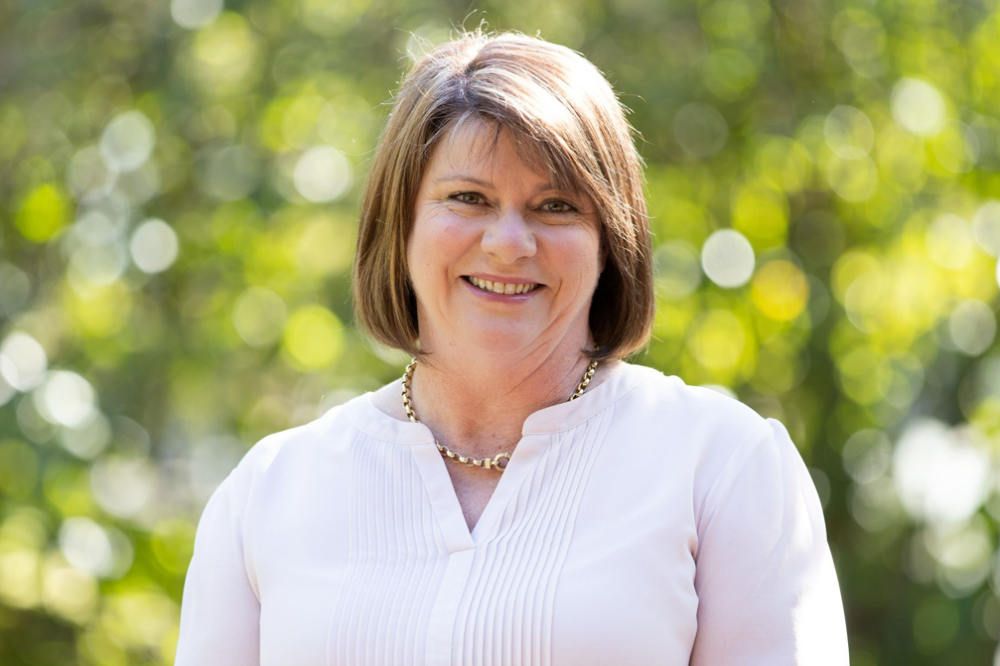
The historic plan to overhaul preschool education in NSW and Victoria will not work until the teacher shortage crisis is fixed, early childhood education experts have warned.
The governments of NSW and Victoria last week announced a $14.8bn plan to provide an extra year of free schooling for 4–5-year-olds by 2030 in what has been described as the “the greatest transformation of early education in a generation”.
The NSW budget will earmark more than $5.8bn over 10 years for the plan, while Victoria will implement it as part of the government's $9bn early childhood education $9bn overhaul spanning the same period.
However, the worsening teacher shortage in both states has some education experts asking whether the quality staff required to fill the roles will be available by the time the plan gets off the ground.
Dr Lesley Jones is the head of education, pedagogy and practice at Affinity Education Group, one of Australia's largest providers of early education and childcare. She says that for the reform to be successful, it is critical that the recruitment and retention of a high-quality workforce, increased professionalisation of the sector, and access are a focus in the immediate term.
“Affinity Education is calling for an urgent discussion with all levels of government to address the key shortages of qualified educators and teachers in particular,” Dr Jones told The Educator.
“Key contributors to talent shortages across the sector include workplace conditions, wages, skilled migration funding and other barriers to entry including cost of study.”
Affinity Education support its staff to complete further training and development, including fully-funded courses including Cert III or Diploma in early childhood education.
“While we offer these opportunities, we acknowledge that not every provider does this, or can,” Dr Jones said.
“Increased opportunities and funding for educators to bridge the qualification gap between Diploma and Bachelor will help to ease the shortage of teachers in the short-to-medium term.”
Dr Jones said the sector also needs government to work with providers and prospective educators and teachers to promote and lift the profile of early childhood teaching (ETC) work and the sector as a whole.
“We can see governments playing a positive role in building on successful initiatives like ELACCA’s ‘Big Roles in Little Lives’ with incentives and innovative think tanks designed to draw attention to the exciting career pathways available.”


